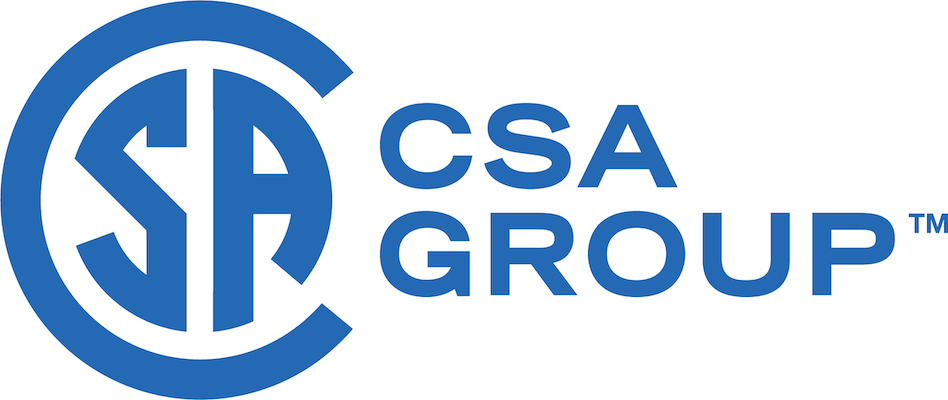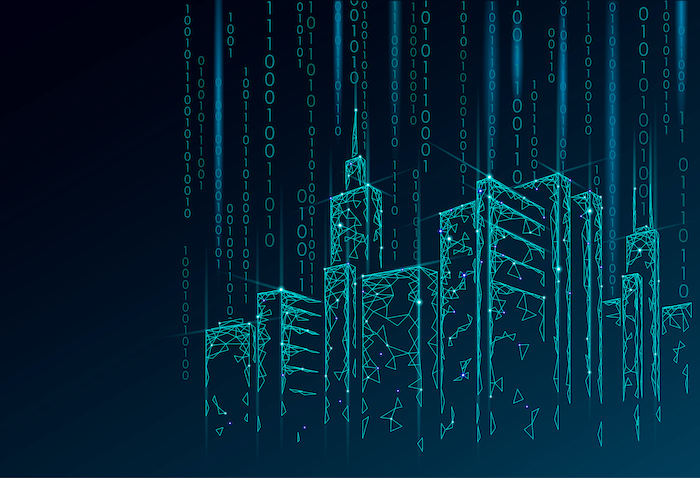
New code for ICT infrastructure for buildings
January 17, 2023
By CSA Group
Brought to you by CSA Group
The building industry is guided by various codes for construction, plumbing systems, electrical systems, or energy use. But as our buildings increasingly leverage smart technologies and the Internet of Things (IoT) solutions, there is no similar standardized approach that would provide holistic guidance for the integration of these technologies. This could potentially lead to new vulnerabilities, impacting the security and reliability of various building systems.
Connecting static and dynamic systems in buildings
It is estimated that by 2026, 78% of new global construction will involve some IoT or smart building technology component.¹ Sensors and connected devices can help optimize the performance of building systems, reduce the environmental impacts of buildings, and improve the comfort of building occupants.
Information and communication technology infrastructure (ICTi) connects sensors, computers, and other dynamic systems to static, physical infrastructure and systems in a building. The communication between the static and dynamic systems represents a critical element of intelligent and smart systems, however, until now, there have been no standards or guidelines for the design, installation, operation, and maintenance of ICTi in buildings.
Research helped identify ICTi standardization gaps
CSA Group’s earlier research explored the current state of ICT in buildings and the needs of building owners, managers, occupants, contractors, and other stakeholders looking for a predictable, secure, and safe operation of their ICT infrastructure.
The research report Information and Communication technology infrastructure (ICTi) in Buildings identified several drivers of these needs, including improved speed of ICT execution, support for plug-and-play devices, and reliable system-to-system communication that can grow. The report supports the development of “an ICTi code for buildings that can be enforced and provide rigour to ICTi designs without losing the needed flexibility for future growth.”
The research also recommended developing ICTi commissioning standards and guidelines that would complement other commissioning documents used in the building sector, as well as introducing cybersecurity performance levels and specifications.
New code for ICT infrastructure in buildings
The research helped inform the creation of a new Express Document publication, CSA EXP100:22, Information and communication technology (ICT) code for buildings. Developed by a diverse group of volunteer CSA Group members – experts representing various industries and sectors – this document can play a foundational role in the design and development of intelligent buildings.
CSA EXP100:22 provides tools that can help develop a robust and resilient ICT infrastructure in various types of buildings, scalable for future needs. It specifies the requirements for ICT infrastructure and equipment used to monitor or control equipment, assets, processes, and events in buildings.
The Code establishes requirements and best practices for design, installation, maintenance, and operation of digital networks within buildings to help achieve optimal functionality, physical security, cybersecurity, data governance, and privacy. It describes active and passive ICT infrastructure components and their key performance indicators, as well as physical, administrative, and technical controls that can be implemented to reduce risks at physical, perimeter, network, endpoint, and data security layers.
The Code identifies requirements and recommendations for connectivity within a building, at the building edge, and between the information technology and operational technology environments. This helps support interconnection, integration, and interaction between systems within the building and connections with external networks.
Ultimately, CSA EXP100:22 aims to provide a single, comprehensive source for specifications and guidelines that addresses all aspects of ICTi, including service performance data and data governance, and can be applied by all stakeholders. By maintaining the code at a non-device-specific, higher level, users get the flexibility to integrate new solutions in the future. While the ICT code for buildings is not a consensus document formally approved as a standard by the CSA Technical Committee, it provides a fundamental stepping stone for developing such a standard.
To learn more about CSA EXP100:22 and other CSA Group activities supporting the deployment of intelligent building technologies, visit our website.
¹Global Smart Buildings Market (2021 to 2026) Technology, Infrastructure, Solutions and Deployment Models, Research and Markets, 2021
CSA Group always strives to provide up-to-date and accurate information. However, no representation or warranty, expressed or implied, is made that this information meets your specific needs, and any reliance on this information is at your own risk. Please contact CSA Group for more information about our services.
©2022 Canadian Standards Association. All rights reserved.
